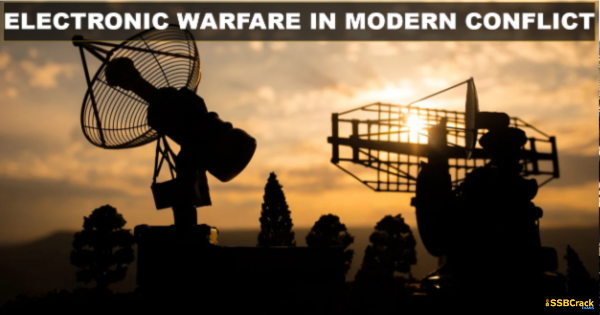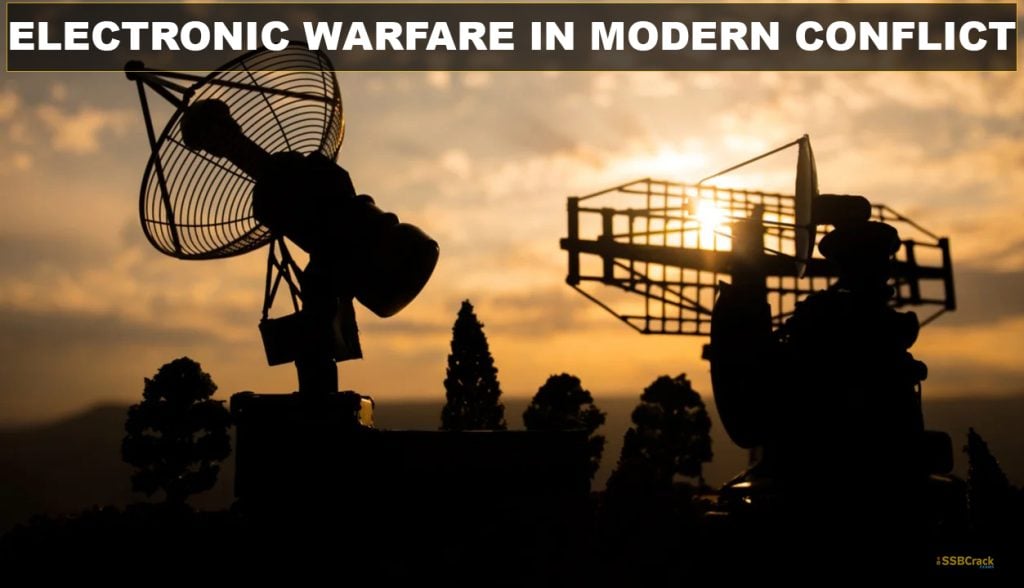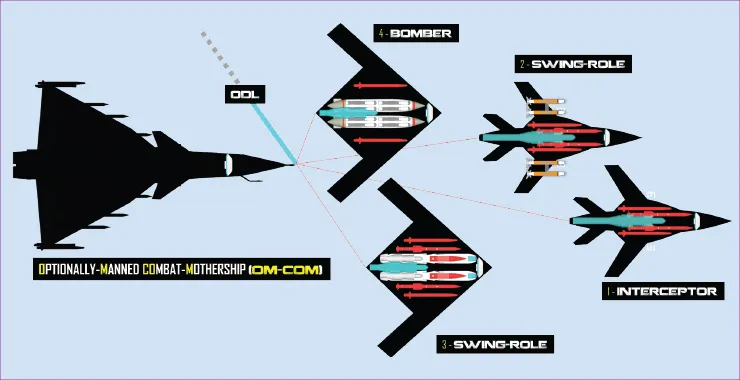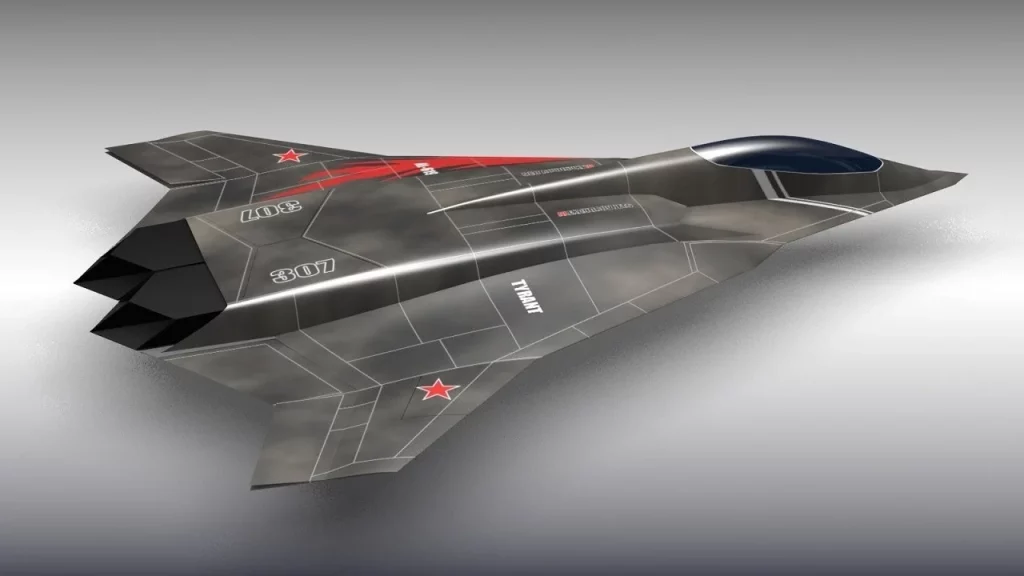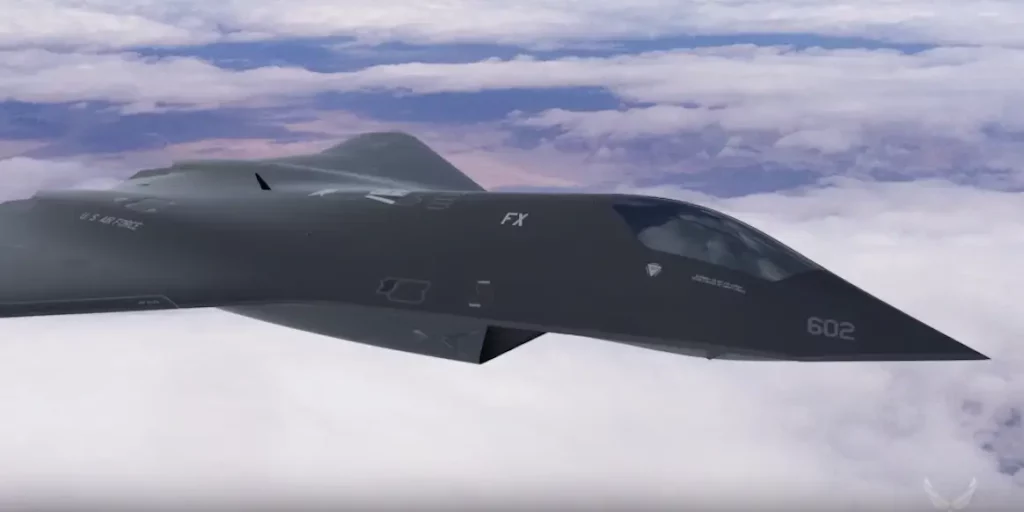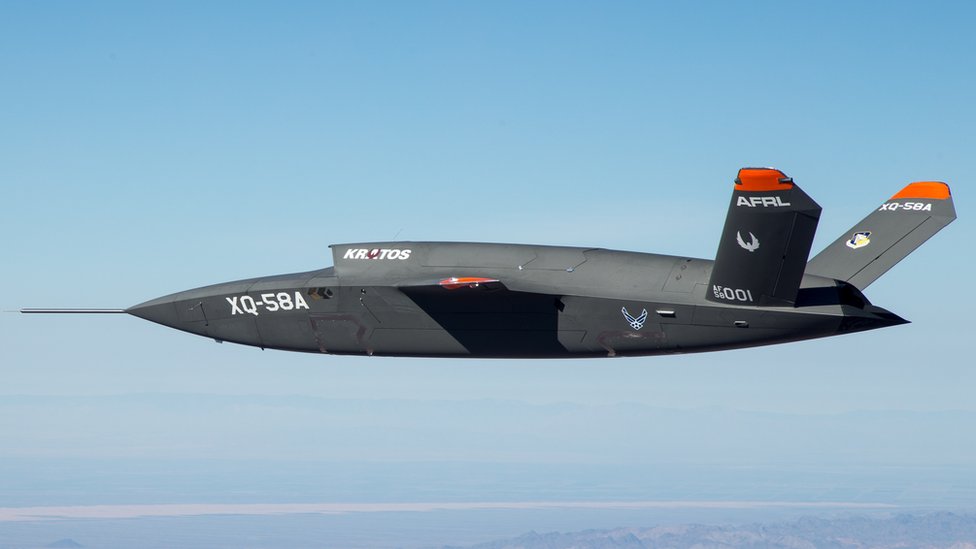Given the growing dependence of networks and military systems on electronics, mastering the electromagnetic spectrum is quickly becoming a critical area of future warfare. For instance, if an EW or radio frequency jammer interferes with a precision-guided missile’s radio frequency guidance, the weapon cannot find its target.
This emphasis is made clear in the US Navy’s 2024 budget documents by the significant funding allocated to the “spectral” domain for the F/A-XX sixth-generation stealth fighter. Lasers, EW weapons, and RF countermeasures are technologies that are anticipated to be significant in NGAD, according to budget documents from the Navy and Air Force of the United States.
Jamming Weapons and Communications
EW applications are multiplying as a result of quick technological development. Artificial intelligence-based software solutions, for instance, can assist with spectrum deconfiguration by distinguishing between friendly and hostile frequencies and determining which signals to block.
A database may be queried for spectrum data to swiftly identify which signals to interfere with. Moreover, sensors and communication devices can be modified to emit an electromagnetic signal that is more “pencil” or “narrow.” This is crucial because a more diffuse or broad electronic signature might pinpoint the enemy’s location, yet a more focused beam can have an impact without leaving a noticeable electronic footprint.
Developers are working on “frequency hopping” technology for missile guidance systems to essentially “fight” an intended electromagnetic interference. Weapon guidance systems can be programmed to “hop” from one frequency to another in the event of a jammed or “jammed” frequency in order to retain tracking or guidance to a target. Maintaining functioning in a contested EW environment requires hardening networks, data lines, or communication systems to operate in a jamming environment.
Sixth Generation Fighters
Since both the Navy and the Air Force intend to run a “family of systems” in which the aircraft of Manned fighters control adjacent drones from the cockpit, EW may prove crucial in the field of manned-unmanned teaming for 6th generation aircraft. Cutting-edge drones may then be able to “jam” opponent air defences, overwhelm communications, and distribute vital targeting data across formations.
While active EW can issue a signature with jamming, jam, or jam communication, passive EW can essentially “listen” to detect a “line of bearing” in an adversary electronic communication to locate signals to control or jam. Moreover, omnidirectional antennas are being used by platforms more frequently to direct electronic signals in a specific direction instead of creating a broad 360-degree signature that would be simpler for an adversary to identify.
Drones
For instance, 6th generation aircraft and the drones they network with can generate offensive use EW signals via SIGINT hardened or active data links. They can also “harden” the data links to transmit information more securely in a contested environment. These kinds of uses are crucial to the Navy and Air Force’s ambitions to develop Combat Collaborative Aircraft, a sixth-generation manned and unmanned team (CCA).
The idea is to use drones in close cooperation with manned combat platforms to network a “family” of systems in real-time in order to conduct enhanced surveillance, assess adversary defences, ensure precision navigation, strengthen aiming sensors, or even throw weapons.
To crack the SSB Interview and join the Indian Army as an Officer, You can join our SSB interview live classes batch and we recommend you to Enroll SSB INTERVIEW ONLINE COURSE. Trusted by thousands of defence aspirants.
Also read:
- Importance Of Modern Electronic Warfare Suite For Fighter Jets
- How Electronic Warfare System Revolutionized Dog Fights Between Fighter Jets?
- What Is Quantum Warfare – Battle For A New Dimension?
- All About India’s 5th Generation Fighter Jet ‘AMCA’
- Significance Of ISTAR Surveillance Aircraft For The IAF
- How HAL Combat Air Teaming System (CATS) Is Going To Help Indian Air Force?
- All Fighter Aircraft Of India – How To Identify Them
- Twin Engine Deck-Based Fighters (TEDBF)
